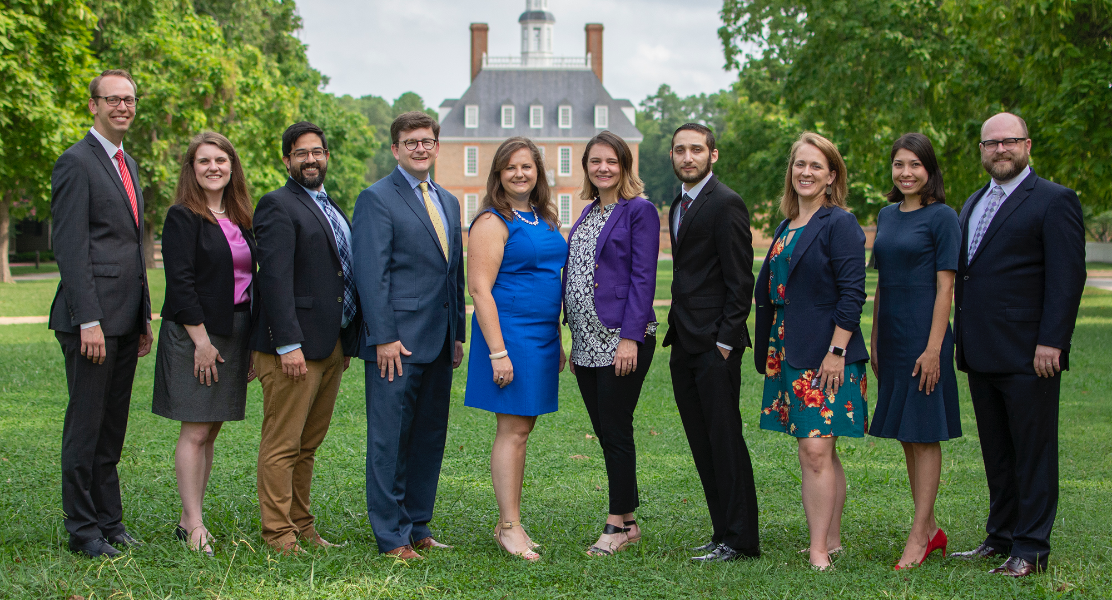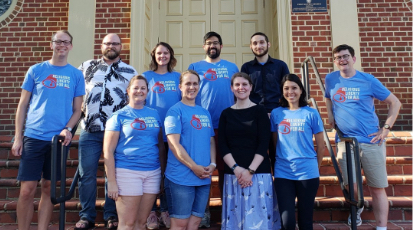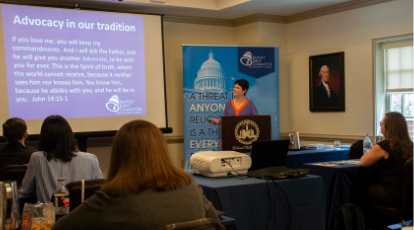THE BJC FELLOWS
2018 BJC Fellows
BJC welcomed the fourth class of BJC Fellows in 2018. The BJC Fellows Program offers young professionals the opportunity to deepen their historical, theological and legal understanding of religious liberty and develop skills to advocate for the cause throughout their careers.
In July 2018, ten BJC Fellows from across the country gathered in Colonial Williamsburg for an intensive seminar. BJC staff, historical interpreters and other experts led them in conversations and lessons about religious liberty and advocacy. Like the previous classes of BJC Fellows, the 2018 group committed to being advocates for religious liberty in their communities. To see photos of the BJC Fellows Seminar, visit Facebook.
About
Learn about the 2018 #BJCFellows
Residence
Reside in eight different states and the District of Columbia
Education
90% have an advanced degree of some kind
Interfaith
30% of 2018 BJC Fellows identify as a faith other than Baptist
Age
Average age is 32
Employment
50% are currently serving as clergy
411
50% learned of the BJC Fellows Program through previous BJC Fellows or a visit to the BJC
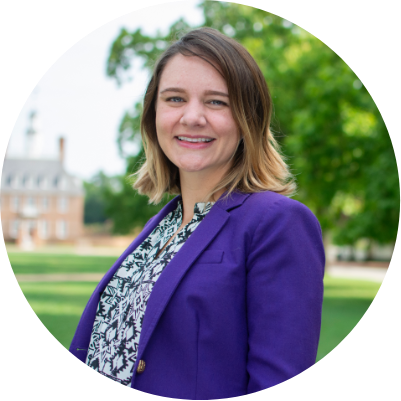
Using what I learned at the BJC Fellows Seminar, I will be reframing the “why” of interfaith work on the Texas Christian University campus. I serve as a staff advisor . . .
Britt Luby / Fort Worth, Texas
for TCU Better Together, our campus interfaith club that works closely with Interfaith Youth Core. This diverse club meets weekly to engage in activities like interfaith dialogue, community service and visits to local places of worship. While facilitating a student club that centers on free food and conversation is both fun and meaningful, I now have the knowledge I need to inject a more intentional why into the organization. Our student organization matters because we are learning about our neighbors. Learning about our neighbors matters because we are called, as people of faith, to love our neighbors. And loving our neighbors requires us to advocate for our neighbors. In continued collaboration with the BJC, I know I can empower these students to be advocates for all.
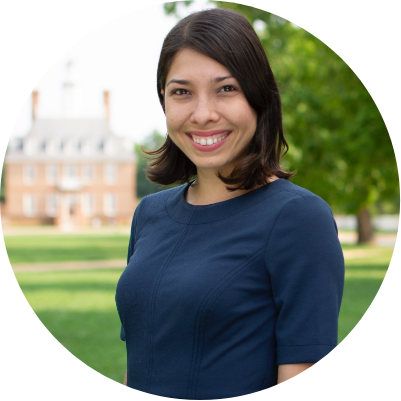
I was surprised to learn that the Pew Research Center reports that more than 79 percent of the world’s population lives in countries with high or very high restrictions on religion. Fortunately, . . .
Erika Perez / Edinburg, Texas
here in the United States, the First Amendment of the Constitution prohibits the government from establishing or sponsoring a religion or interfering in the free exercise of religion. This is a reminder that the freedom to our thoughts and beliefs is granted by God and protected by our government. It also helps us recognize that we are not the only ones in this world, but that there are minds that think and believe differently than we do, and we should lift our voices when anyone’s religious freedom is jeopardized.
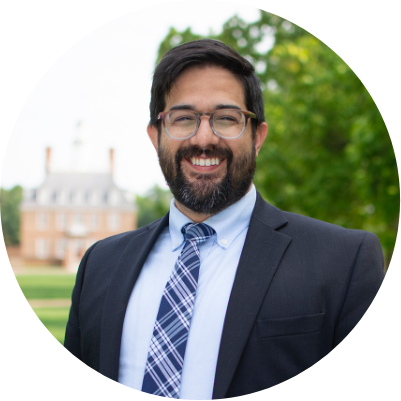
Religious liberty is about so much more than simply allowing people to worship. It’s about their fundamental right to exist — to be human. When we begin to allow our governments to . . .
Brent Newberry / Worcester, Massachusetts
diminish or denigrate or discriminate against people because of their religion, when entire religions are misunderstood or misrepresented or mischaracterized by our governments, we aren’t protecting anyone — we’re harming everyone.
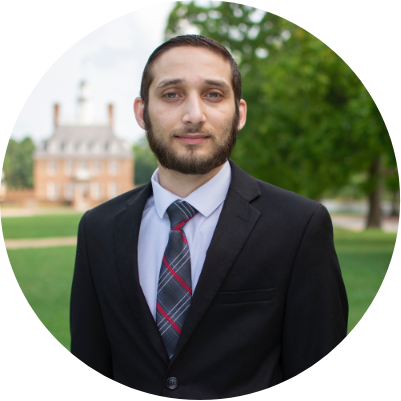
Freedom of religion goes far beyond just allowing us to pick what religion, or lack thereof, we choose to follow. Without freedom of religion, we cannot have freedom of thought . . .
Imran Suhail / Canajoharie, New York
Through hearing different speakers, it became clear that the government doesn’t give us our rights but merely recognizes and protects them.
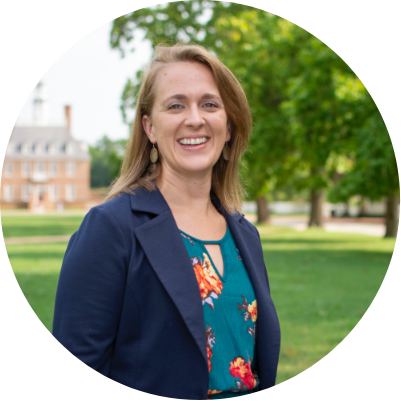
Ringing the Freedom Bell at First Baptist Church of Williamsburg both as a group as well as individuals was a powerful moment. It made me realize my own responsibility . . .
Annette Owen / Warrenville, Illinois
to take up the song of freedom. While my presence and participation in the BJC Fellows Program was the result of my interest in religious liberty, ringing the Freedom Bell with my colleagues was a call to action — a reminder that we all have a part to play in this ongoing work of protecting and promoting religious liberty. It reminded me of the good news that we’re not alone in this work.
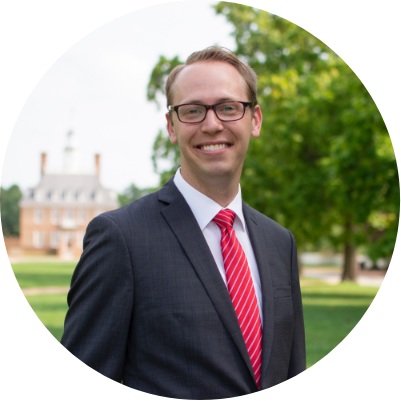
Now I am aware why the BJC is so important and why awareness of, and education in, our inheritance of religious liberty is so important. Until people are fully aware of how unsettled . . .
Tanner Bean / Boise, Idaho
such liberties truly are, silence and often neglect provide avenues for those same liberties to be undermined.
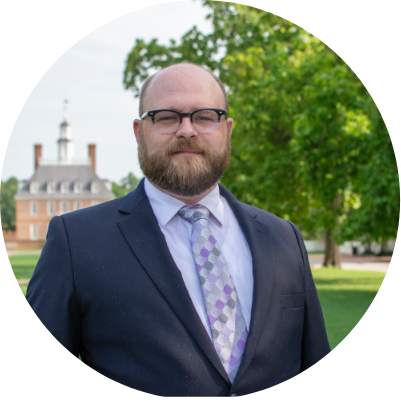
In the time since we left Colonial Williamsburg, I’ve been reflecting on how I am different now. It’s taken all of that time to dig into the depths of my recollection and find those nuggets . . .
Will Thomas-Clapp / Falls Church, Virginia
that gleam with possibility. It has taken this time to find that one thing that I want others to know. I have gone over my notes and the slides I have in my possession and re-read the content of our Dropbox as I contemplated my experiences. Through that process, I was reminded of just how much information we covered over those few days … I have come home with a renewed sense of urgency for making those new challenges something my community — of friends, family and church members — aware of how our world could change, if only we would get involved.
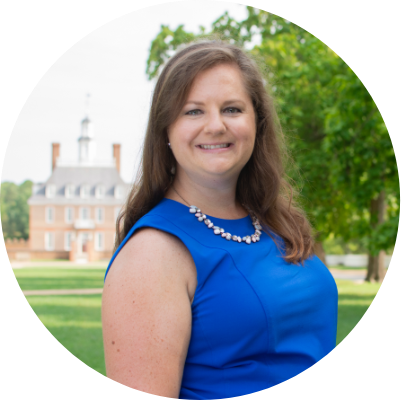
The BJC Fellows Seminar in Colonial Williamsburg is a bit like off-season training camp for religious liberty advocacy and education. The incredible staff not only open up . . .
Chelsea Clarke/Washington, D.C.
their playbook, but my BJC Fellows cohorts shared ideas that both validated and challenged my own beliefs and world view. The guest lecturers, historical interpreters, tours and assigned readings were like watching old game tapes – they provide valuable information and a historical context that inform today’s realities. At the end of the BJC Fellows Seminar, we left feeling equipped and empowered to contribute our gifts and talents to the important work of defending and extending religious liberty for all within our respective spheres of influence, and we know there is still a lot of work to be done.
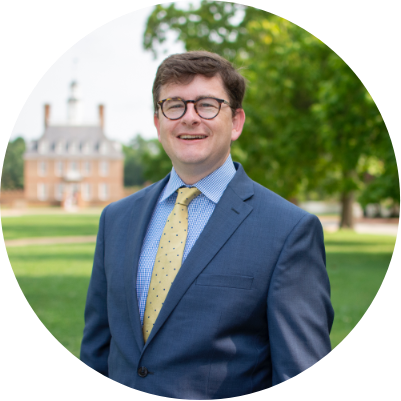
I was joined by nine others who were devoted to religious liberty — seven Baptists, a Mormon, a Catholic and a Muslim. We bonded over history, theology, law and . . .
Daniel Headrick/Smyrna, Georgia
seeing the anachronism of a person dressed in 18th century garb driving a golf cart.
So, what did I learn? I reaffirmed the wisdom of our church’s support for the BJC. The Baptist Joint Committee advocates for issues arising out of the two religion clauses of the First Amendment to the United States Constitution. The Free Exercise Clause allows for broad exercise of religious liberty unconstrained by governmental interference except in cases of generally applicable laws. The Establishment Clause operates as a check on governmental attempts to establish an official religion or favor one religion over another.
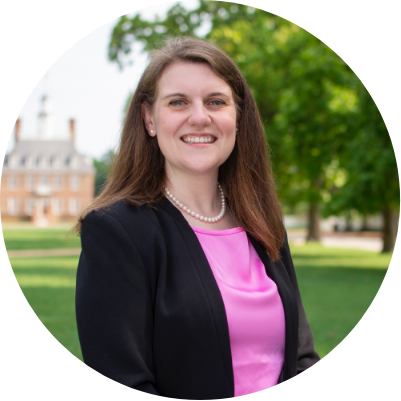
I spent most of the three days in the throes of a pessimism that has persisted since late 2016. And then, on the third day, hope sprung anew. We started talking about our power to advocate . . .
Claire Hein Blanton/Houston, Texas
for those not in power. We heard about the work that the BJC does alone and in coalitions to protect the right of religious liberty. I left our final session strangely energized and slightly optimistic. History often repeats itself, but every once in a while, committed individuals are able to alter it in small but foundational ways. In this room were nine other individuals with different spheres of influence that were as committed to protecting the right of religious liberty as I was. Going before us were 30 other BJC Fellows, the staff of the BJC and their predecessors from the past 80 years.
Apply to be a BJC Fellow!
There is no religious requirement for the program; those with six years or less experience in their profession are eligible.

